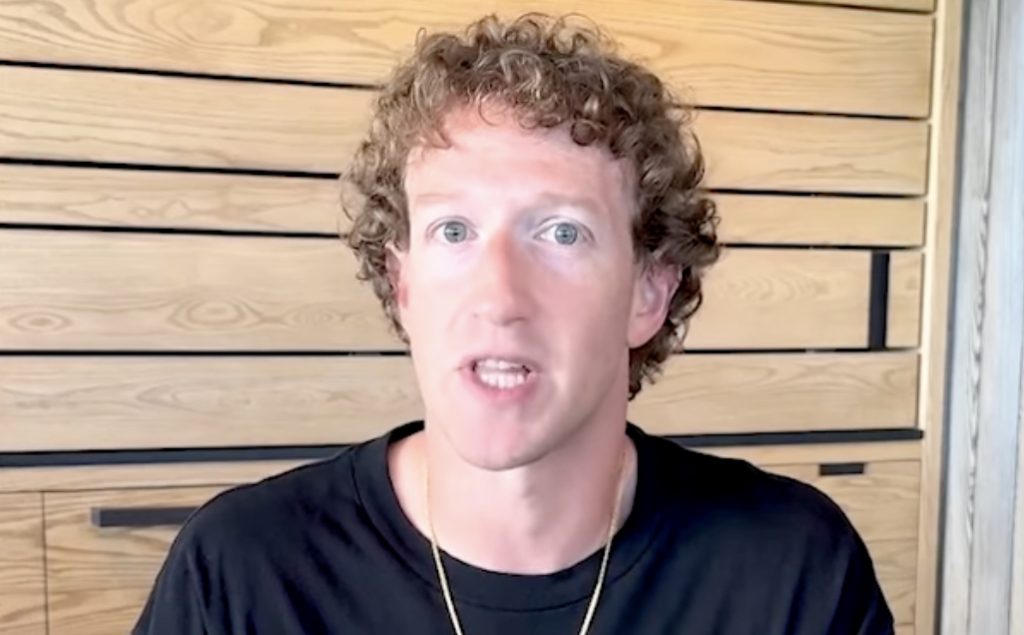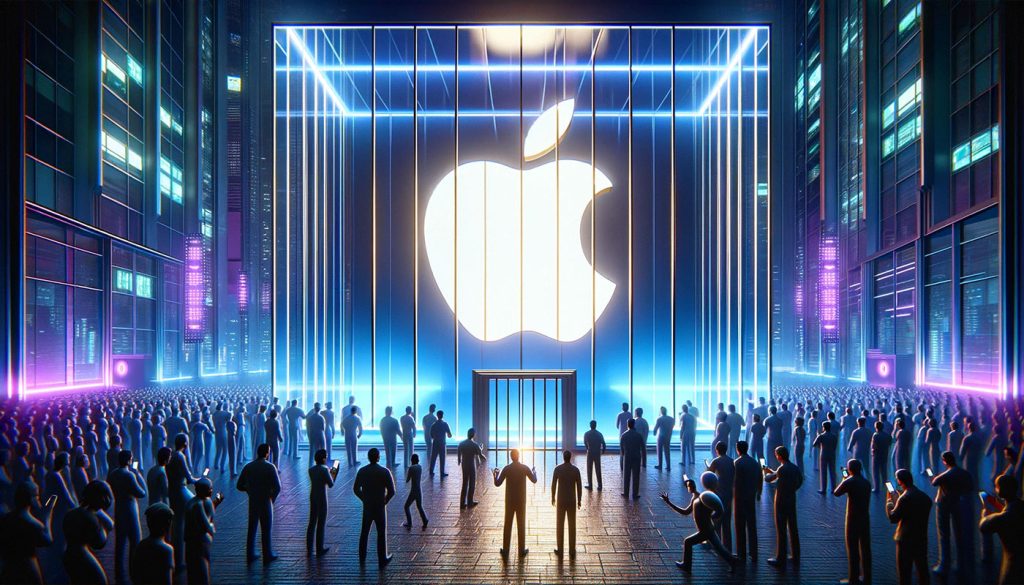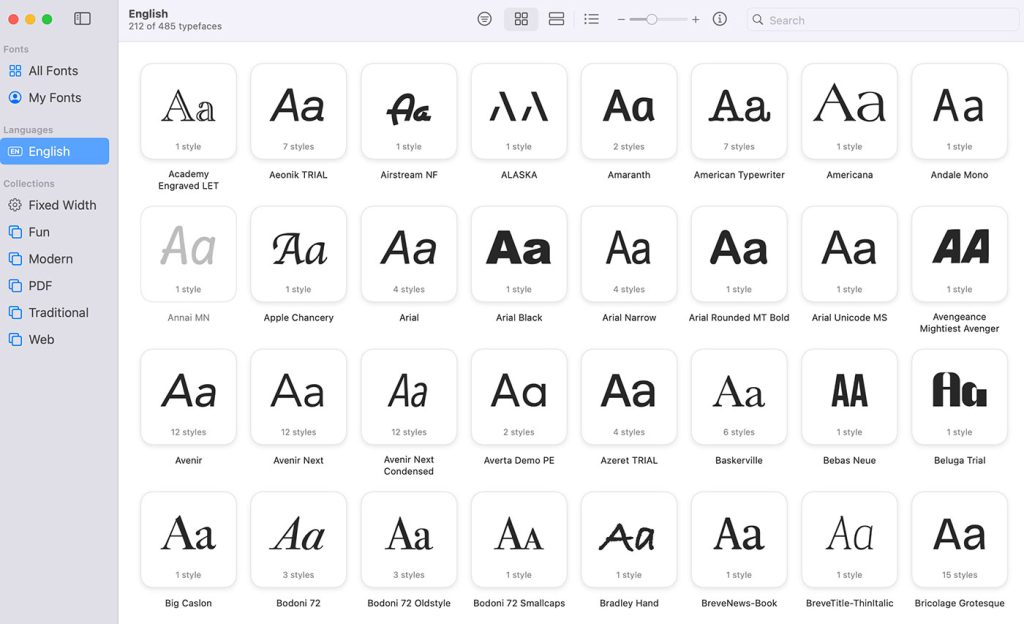Mark Zuckerberg, CEO of Meta, has sparked controversy by dismantling fact-checking partnerships on his platforms.
While critics have decried this as a blow to accountability, the truth is far more nuanced. Fact-checking itself is rife with political agendas, and its flaws have made it a lightning rod for distrust.
Zuckerberg’s decision to shift away from traditional fact-checking exposes deeper issues about who gets to control the narrative online.
The Problem with Fact-Checking
Fact-checking has long been presented as an objective safeguard against misinformation, but reality tells a different story.
Many fact-checking organizations operate with clear political biases, aligning their interpretations of “facts” with the agendas of their funders or ideological leanings. This lack of neutrality has eroded public confidence, making fact-checking as contentious as the misinformation it aims to combat.
By dismantling partnerships with politically entangled fact-checkers, Zuckerberg is acknowledging a hard truth: these entities are no longer perceived as impartial arbiters of truth.
Critics argue that this move will lead to an uptick in misinformation, but the current system was already flawed, plagued by selective enforcement and accusations of bias.
Shifting the Responsibility
Zuckerberg’s pivot toward a community-driven content oversight model—akin to the “community notes” system—is a controversial but revealing decision.
While it raises concerns about the spread of misinformation, it also decentralizes the control of information. This shift forces users to engage critically with content, rather than passively accepting the conclusions of politically motivated fact-checkers.
The failure of fact-checking organizations to remain politically neutral has only fueled polarization, creating a perception that “facts” are weaponized to silence dissenting viewpoints.
This reality complicates the discussion around Zuckerberg’s policies, making it clear that fact-checking’s reputation as an objective truth-teller is deeply flawed.
Fact-Checking and Political Bias
Numerous examples highlight how fact-checking organizations selectively apply scrutiny, often disproportionately targeting content from one side of the political spectrum. This practice undermines the credibility of these institutions and alienates users who feel their perspectives are being unfairly marginalized.
Zuckerberg’s decision to dismantle these partnerships can be seen as an attempt to remove a system that many perceive as broken. While far from perfect, this move could open the door to alternative methods of content oversight that are less prone to political manipulation.
The Role of Big Tech and Shifting Loyalties
Meta’s dominance over online discourse raises important questions about the role of tech giants in shaping public opinion. Zuckerberg’s history of shifting policies to appease U.S. administrations—regardless of the political party in power—underscores his opportunistic approach.
Whether it’s aligning with conservative values to gain favor with the Trump administration or adopting more progressive stances under previous administrations, Zuckerberg’s track record shows a willingness to adapt Meta’s guidelines to protect its regulatory and financial interests.
This pattern of pandering to those in power has eroded trust in Zuckerberg’s leadership. Critics argue that his constant flip-flopping reveals a lack of principle, making him an unreliable steward of the digital world.
His decisions often appear driven by corporate survival rather than a genuine commitment to societal well-being.
The Consequences of Change
Critics warn that the elimination of fact-checking partnerships will lead to a surge in misinformation, but this risk must be weighed against the flaws of the existing system.
Fact-checking’s political biases have already contributed to public skepticism, and clinging to a broken model is unlikely to rebuild trust.
By moving toward a community-driven system, Meta is betting on the collective wisdom of its users to navigate the complexities of truth and misinformation. While this approach is far from foolproof, it represents a departure from the centralized control that has characterized online discourse for years.
A New Era of Accountability
Zuckerberg’s latest move challenges the conventional wisdom that fact-checking is the ultimate safeguard against misinformation. By exposing the flaws and biases inherent in the current system, Meta is opening the door to new approaches that prioritize transparency and user agency.
However, Zuckerberg’s history of adapting Meta’s policies to suit his own interests raises serious concerns about his trustworthiness.
His actions suggest a leader who prioritizes corporate power over public accountability. In an age where truth is increasingly politicized, his shifting loyalties and lack of principle make it clear that Zuckerberg cannot be relied upon to act in the public’s best interest.






